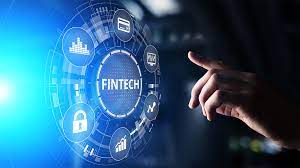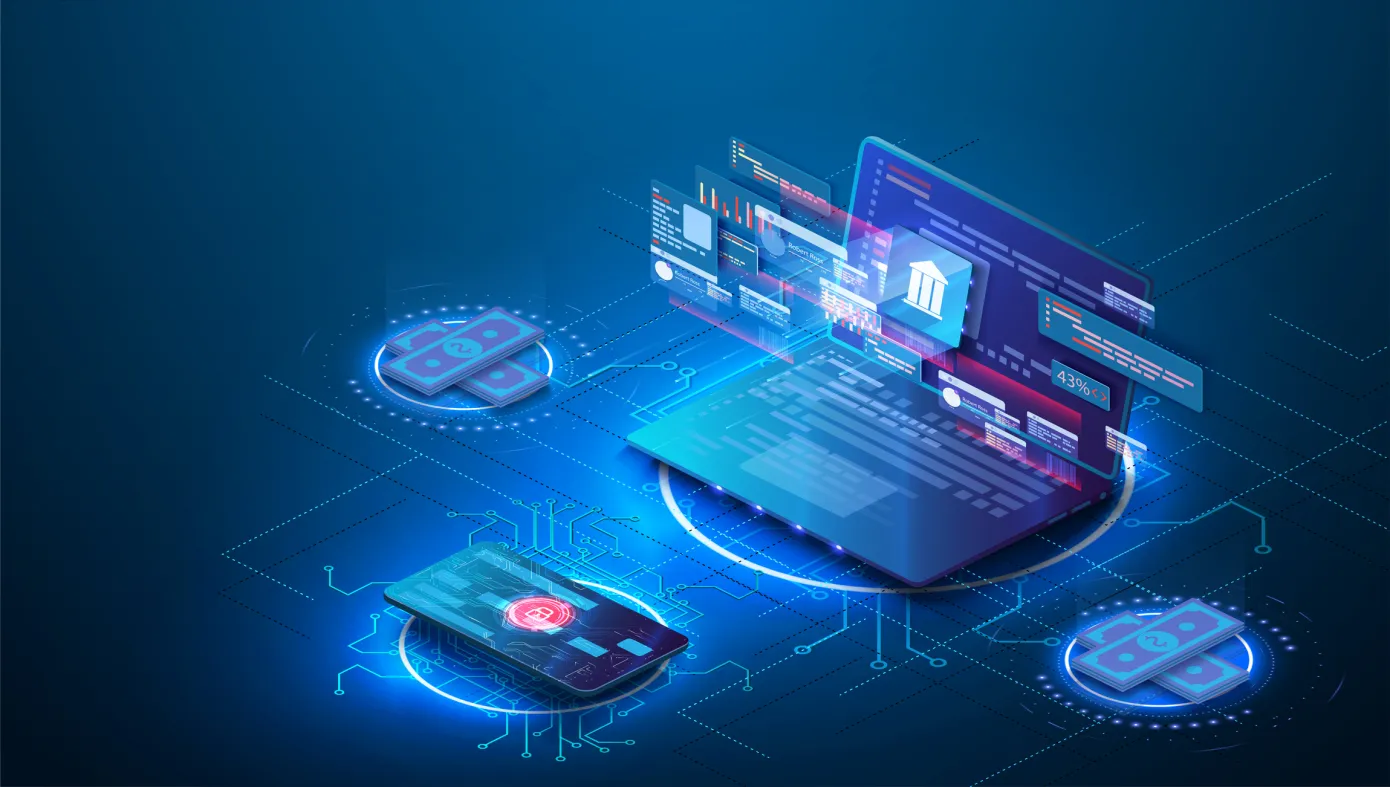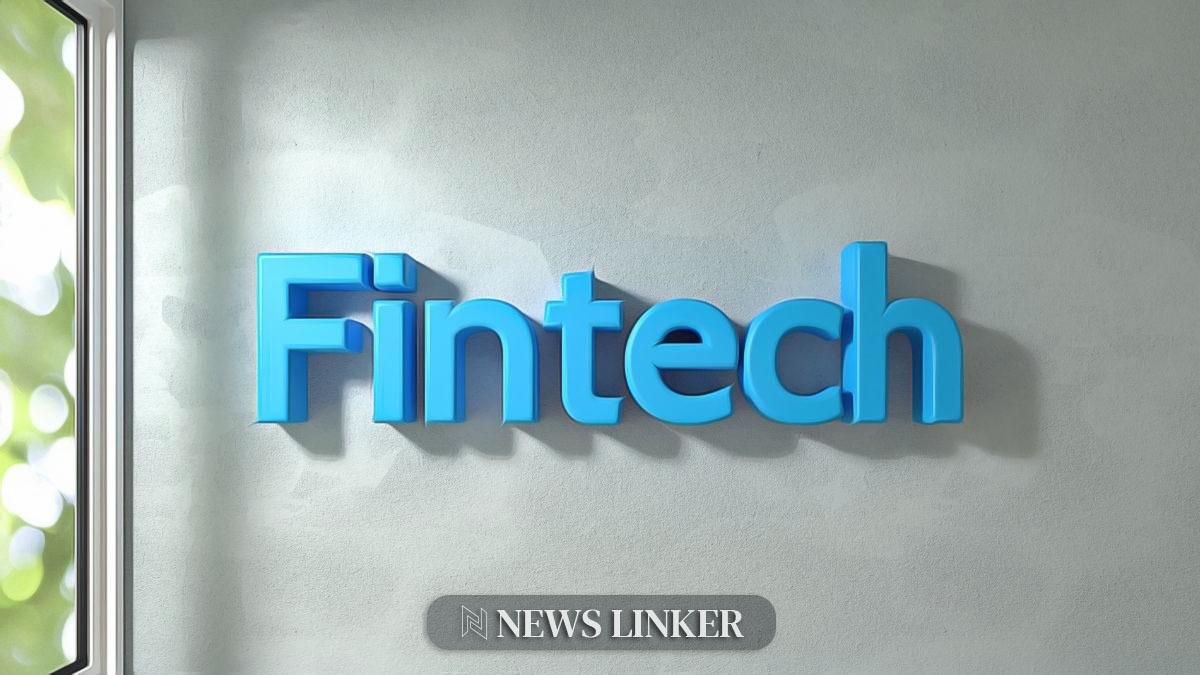Fintech, a blend of ‘financial technology,’ is revolutionizing the financial sector by integrating technology to enhance service delivery and efficiency. Initially focused on backend systems of established financial institutions, fintech now encompasses diverse sectors, including retail banking and cryptocurrencies like Bitcoin. It offers streamlined services and reduces costs, leveraging technologies such as AI, big data, and blockchain. Fintech firms, often more agile than traditional banks, attract customers with user-friendly, cost-effective solutions. You can also read our article titled What are disadvantages of fintech?

Despite these advantages, fintech faces challenges like lack of physical branches, regulatory uncertainties, and cybersecurity risks. However, it creates opportunities for financial inclusion, serving the unbanked and underbanked, and capitalizes on emerging markets’ needs for financial and digital inclusion. The fintech industry, while experiencing growth pains, presents more opportunities than risks, with customers increasingly preferring improved experiences offered by fintech or adaptable traditional banks. Regulation remains a critical issue as fintech companies navigate complex financial landscapes, emphasizing the importance of compliance with anti-money laundering and KYC norms.
Is Fintech Good for the Future?
Fintech, merging finance and technology, is transforming the banking sector by introducing innovative digital services. It’s enhancing financial inclusion, offering accessible services to underbanked communities and businesses, including those with poor credit. Key drivers of fintech’s growth include Artificial Intelligence, Blockchain, Cloud Computing, and Internet of Things. These technologies enable efficient, low-cost services, disrupting traditional banking’s slower processes.
Fintech’s digital platforms facilitate online banking, mobile payments, and alternative lending, challenging banks to adapt or fall behind. The sector’s rapid evolution also brings challenges, such as regulatory hurdles and cybersecurity risks. However, its potential to democratize financial services, coupled with its resilience and adaptability, points to a promising future. Fintech’s integration into banking offers banks a chance to improve digital offerings and risk management. In conclusion, fintech’s innovation and customer-centric approach make it a positive force for the future of banking, pushing the industry towards more agility and inclusivity.
What are the Pros and Cons of Fintech?
Fintech, blending finance with technology, enhances financial accessibility and inclusivity, allowing broad access to various financial services like loans, payments, and investments through digital platforms. It promotes efficiency and speed in transactions, bypassing traditional time-consuming procedures. Fintech drives innovation, offering diverse, user-centric financial solutions while ensuring transparency and security with advanced technologies like data encryption and two-factor authentication. However, it faces challenges in data security, risking breaches and fraud.

Dependence on technology can lead to accessibility issues for those without internet access or tech-savvy skills. The evolving regulatory landscape presents compliance complexities, and the industry’s rapid growth necessitates scalable solutions. While fintech democratizes finance, enabling economic growth, its drawbacks like potential privacy invasion and the digital divide need addressing. Overall, fintech’s benefits of convenience, cost reduction, and financial inclusivity coexist with challenges like security risks, technological dependence, and regulatory uncertainties.
Is Fintech a Threat or an Opportunity?
Fintech, merging finance and technology, offers both opportunities and challenges. It enhances banking accessibility, efficiency, and innovation, enabling consumers to access diverse services like online lending and payments swiftly. Fintech particularly benefits community banks in the U.S., which are crucial for certain loan types. While larger banks dominate the market, fintech presents an opportunity for smaller banks to improve performance, profitability, and compete effectively through innovations in areas like digital transactions and wealth management.
However, the rapid rise of fintech also poses threats, such as increased competition from fintech startups and changing consumer behaviors towards digital banking. Fintech’s potential for enhancing financial stability is significant, as it offers solutions for risk management and efficient operations. Yet, it faces challenges like ensuring data security, adapting to regulatory changes, and maintaining technology infrastructure. In summary, fintech represents both a significant opportunity for modernizing and democratizing banking services and a challenge in terms of adapting to rapid technological changes and ensuring data and financial security.
Does Fintech Use AI?
In the rapidly evolving fintech sector, Artificial Intelligence (AI) is playing a transformative role. A whopping 90% of fintech companies have adopted AI, according to the Cambridge Centre for Alternative Finance. AI is pivotal in various fintech areas, including financial reporting, fraud detection, data analysis, algorithmic trading, robotic process automation (RPA), and credit scoring.
AI-driven chatbots, utilized extensively in fintech, enhance customer service by providing real-time, natural language responses to queries and handling transactions. Investors and businesses are motivated to use AI in fintech for its efficiency in managing money and increasing earnings. The global market for AI in fintech is expected to reach an impressive $61.3 billion by 2031, driven by factors like improved productivity, pandemic-induced tech adoption, and fusion with niches like Regtech and Insurtech.

Key applications of AI in fintech include bolstering security, managing over $4.6 trillion in assets via robo-advisors, enhancing productivity, and elevating customer service through AI-powered chatbots. The fintech industry is ripe for AI integration, which streamlines operations, mitigates risks, and provides a competitive edge. AI’s predictive analysis and data-driven decision-making capabilities offer personalized customer experiences and efficient financial management, marking it as a vital element in the fintech innovation landscape.
How Risky is Fintech?
Fintech, blending finance and technology, is revolutionizing the banking market but brings significant risks in areas like regulation, cybersecurity, financial and business operations, and reputation. These risks manifest in various ways, such as non-compliance with changing regulatory standards, vulnerability to cyberattacks, and professional liability issues. The rapid pace of fintech innovations, while offering competitive banking services and attracting venture capital, also heightens the risk of fraud and misconduct due to complexities in business models and unfamiliarity among consumers. Additionally, data privacy concerns, anti-money laundering, and terrorist financing are major risks in the fintech realm.
The novelty of these technologies and their fast transaction speeds require fintech firms to adapt processes accordingly, potentially exposing them to operational and reputational risks. Regulatory bodies are struggling to keep pace with these advancements, creating a dynamic and sometimes unclear regulatory environment. Consequently, fintech firms must navigate these challenges, balancing the need to innovate with maintaining security, compliance, and consumer trust.
Fintech Series
1- What is Fintech?
2- How does fintech make money?
3- What are disadvantages of fintech?
4- Why fintech is good?
5- What is fintech industry?
6- How to start a fintech business?
7- Why fintech zoom?
8- What is a fintech bank?
9- Is fintech good or bad?
10- How to get into fintech?










